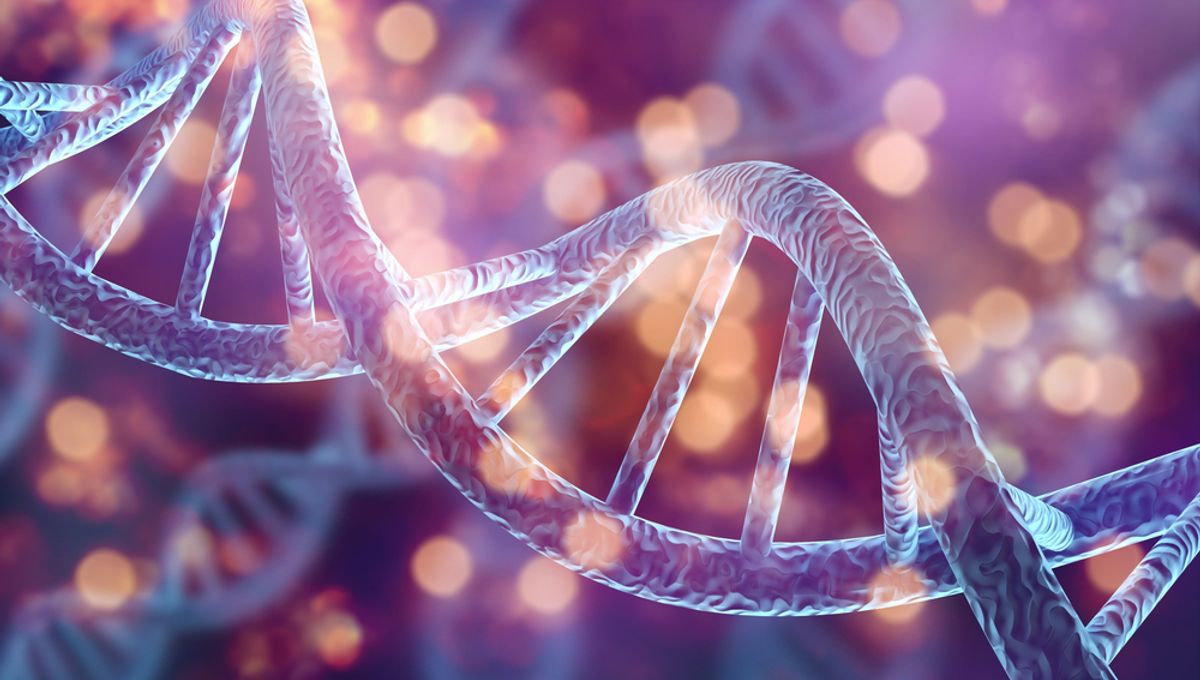
It’s no secret that modern humans and Neanderthals regularly got it on, and that these prehistoric trysts had genetic consequences for our species. Now, it seems we can add pain sensitivity to that list of things our rampant interbreeding may have influenced.
In a new study involving more than 7,000 people, researchers have demonstrated that individuals carrying three Neanderthal gene variants are more sensitive to some types of pain, namely skin pricking. These variants – in the SCN9A gene – are most common in populations with greater proportions of Native American ancestry, the team also discovered.
SCN9A encodes proteins that transport sodium ions into cells and are expressed in sensory neurons. Its variants – M932L, V991L, and D1908G – are present in Neanderthal genomes and have previously been linked to increased pain sensitivity in humans. However, the specific sensory responses affected by them weren’t known before.
The team measured the pain sensitivity of 1,623 Colombians, finding that the SCN9A variants were associated with a lower pain threshold in response to skin pricking after exposure to mustard oil (an irritant), but not in response to heat or pressure. They also found that carrying all three variants was associated with greater sensitivity than carrying only one.
They also analyzed genetic samples from 5,971 people from Brazil, Chile, Colombia, Mexico, and Peru, revealing that the three Neanderthal variants are more prevalent in populations with the highest Native American ancestry. For example, the Peruvian population, which with an average proportion of 66 percent has the highest Native American ancestry, had the highest frequency of D1908G.
“The high frequency of the Neanderthal variants in people with Native American ancestry could potentially be explained by a scenario where the Neanderthals carrying these variants happened to breed with the modern humans who eventually migrated into the Americas,” first study author Pierre Faux told Live Science.
It remains to be determined why Neanderthals might have had greater pain sensitivity in the first place. It’s possible that it could have helped protect them against injury and therefore had a survival benefit, but without further research, it’s impossible to say for sure.
“Pain sensitivity is an important survival trait that enables us to avoid painful things that could cause us serious harm,” co-corresponding author Dr Kaustubh Adhikari said in a statement. “Our findings suggest that Neanderthals may have been more sensitive to certain types of pain, but further research is needed for us to understand why that is the case, and whether these specific genetic variants were evolutionarily advantageous.”
Aside from pain threshold, the genetic hangover from our past dalliances with Neanderthals may have influenced our nose shape, as well as our susceptibility to COVID-19 and the likelihood of getting “Viking disease”. Our amorous ancestors have a lot to answer for.
The study is published in the journal Communications Biology.
Source Link: You May Have Neanderthal DNA To Thank For Your Low Pain Threshold